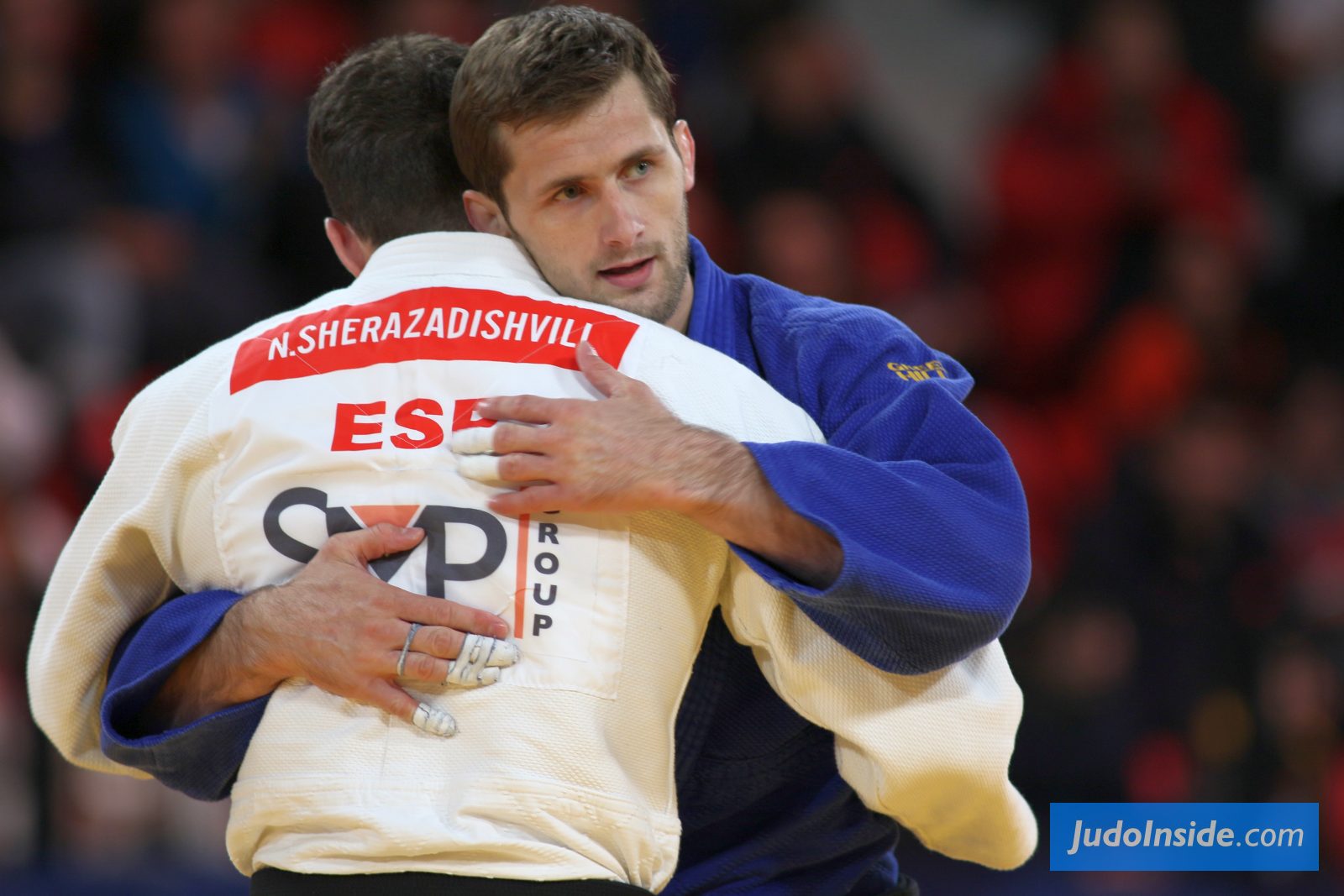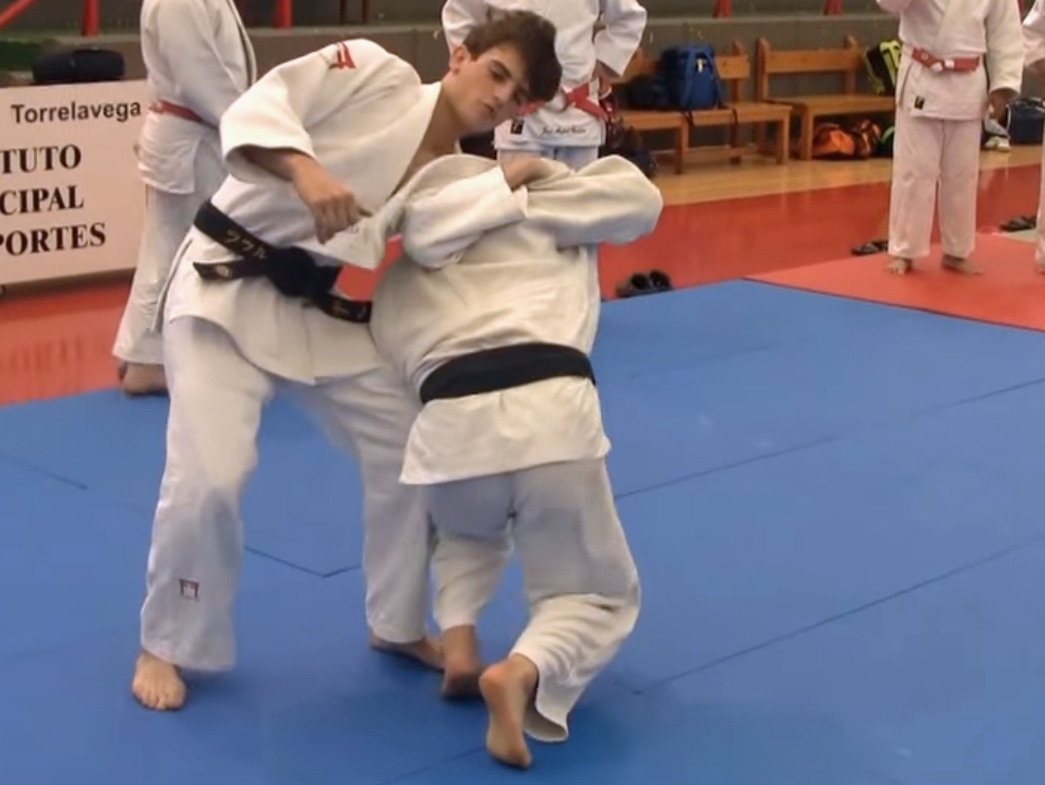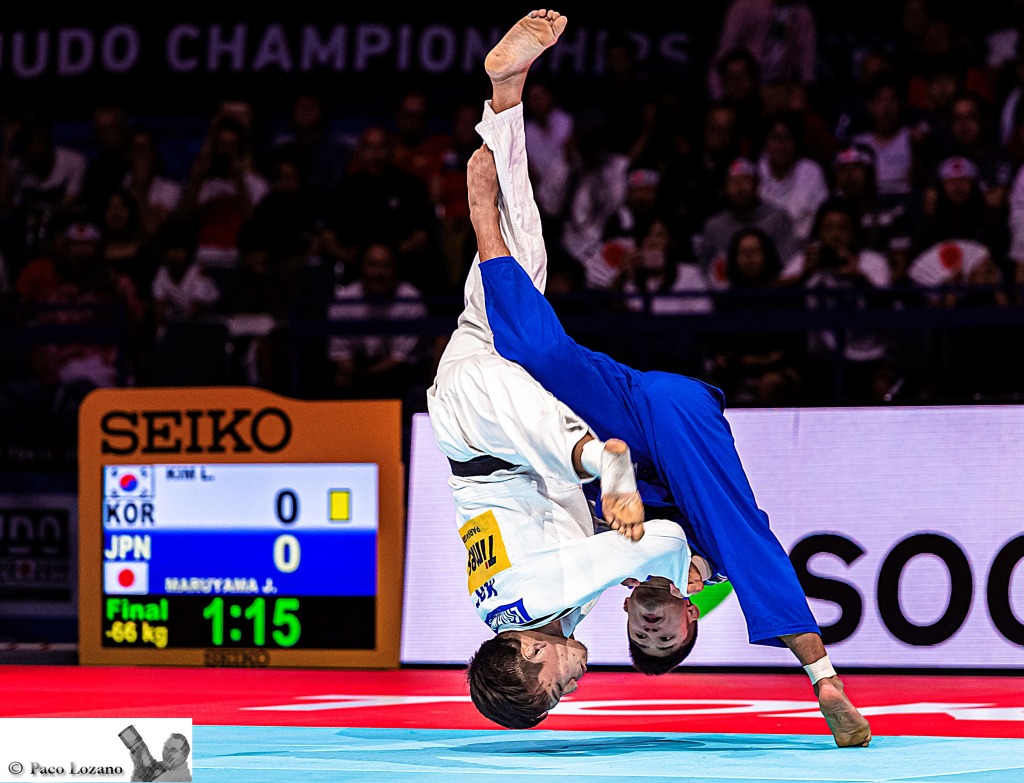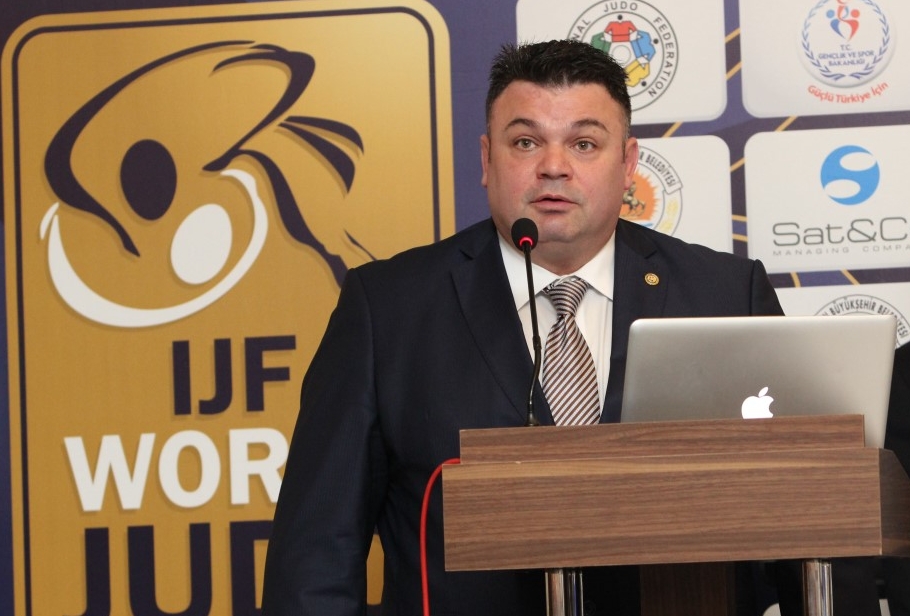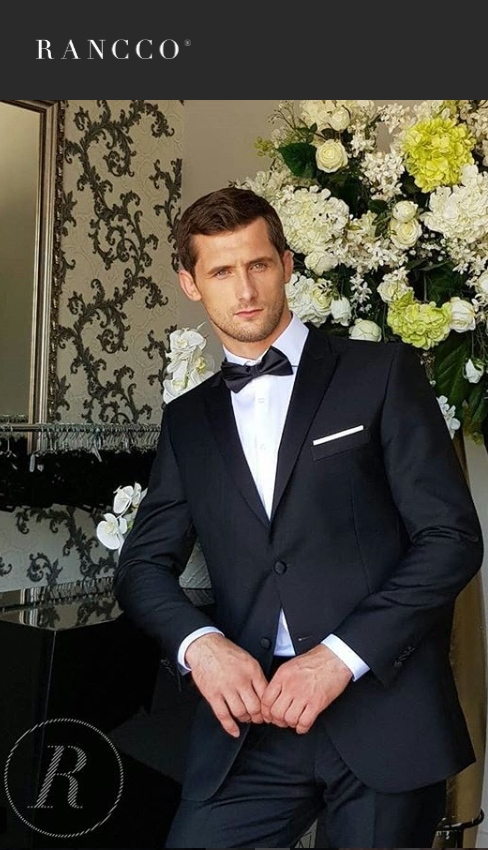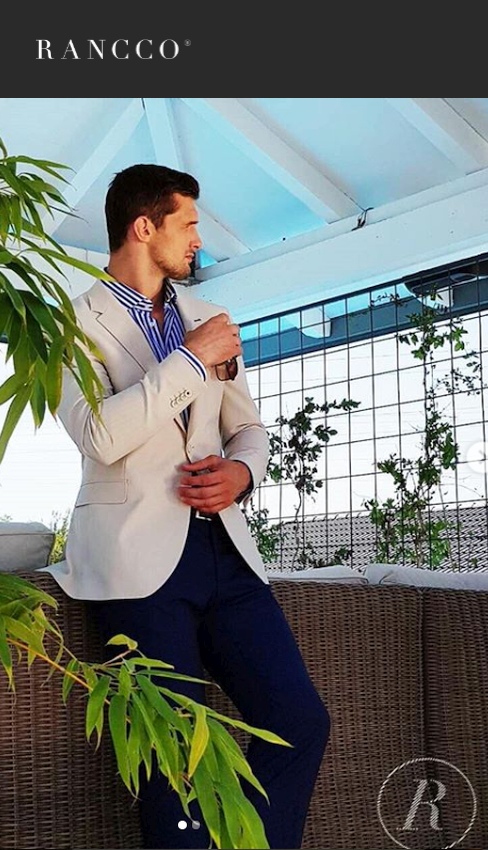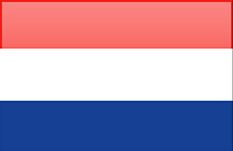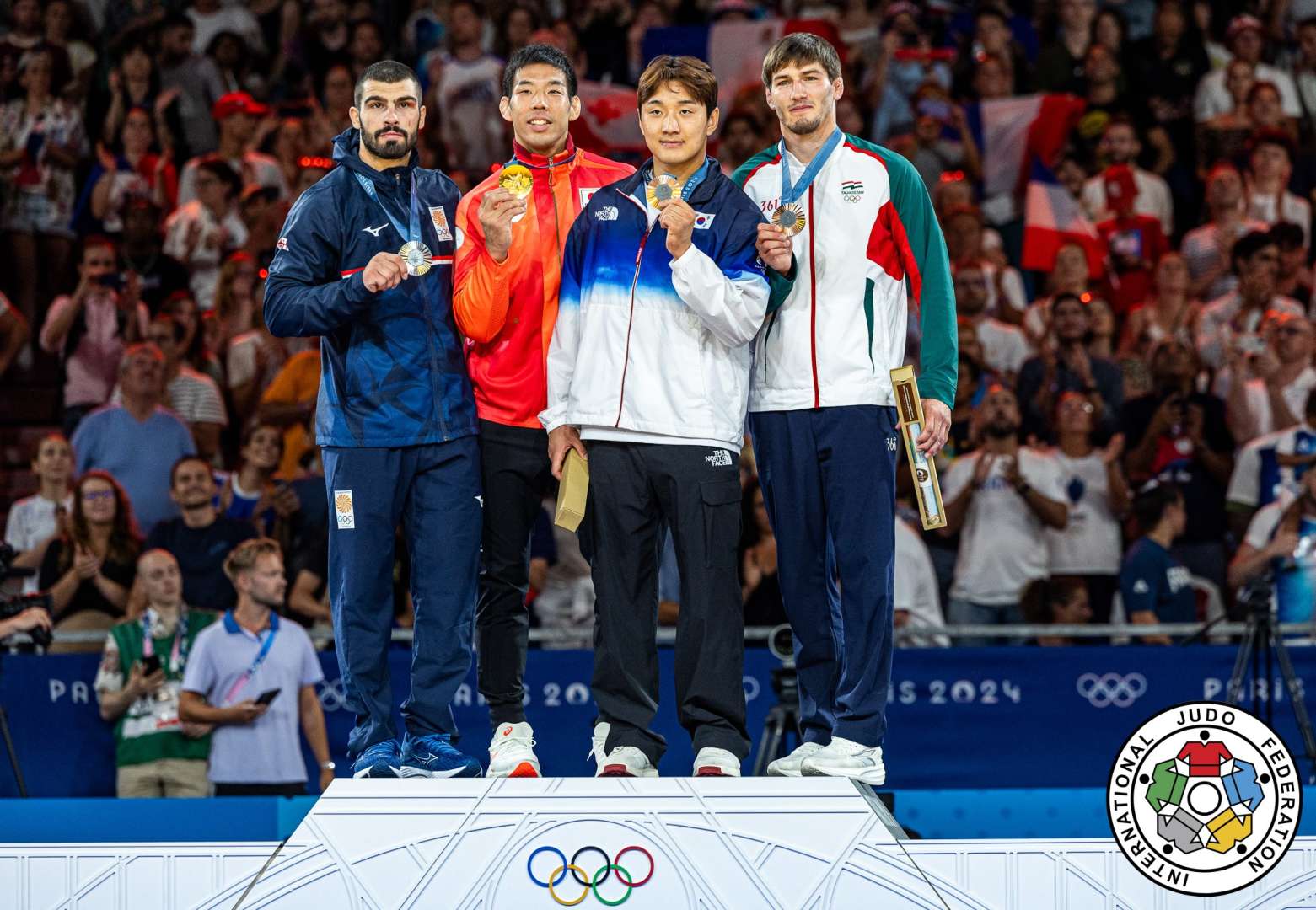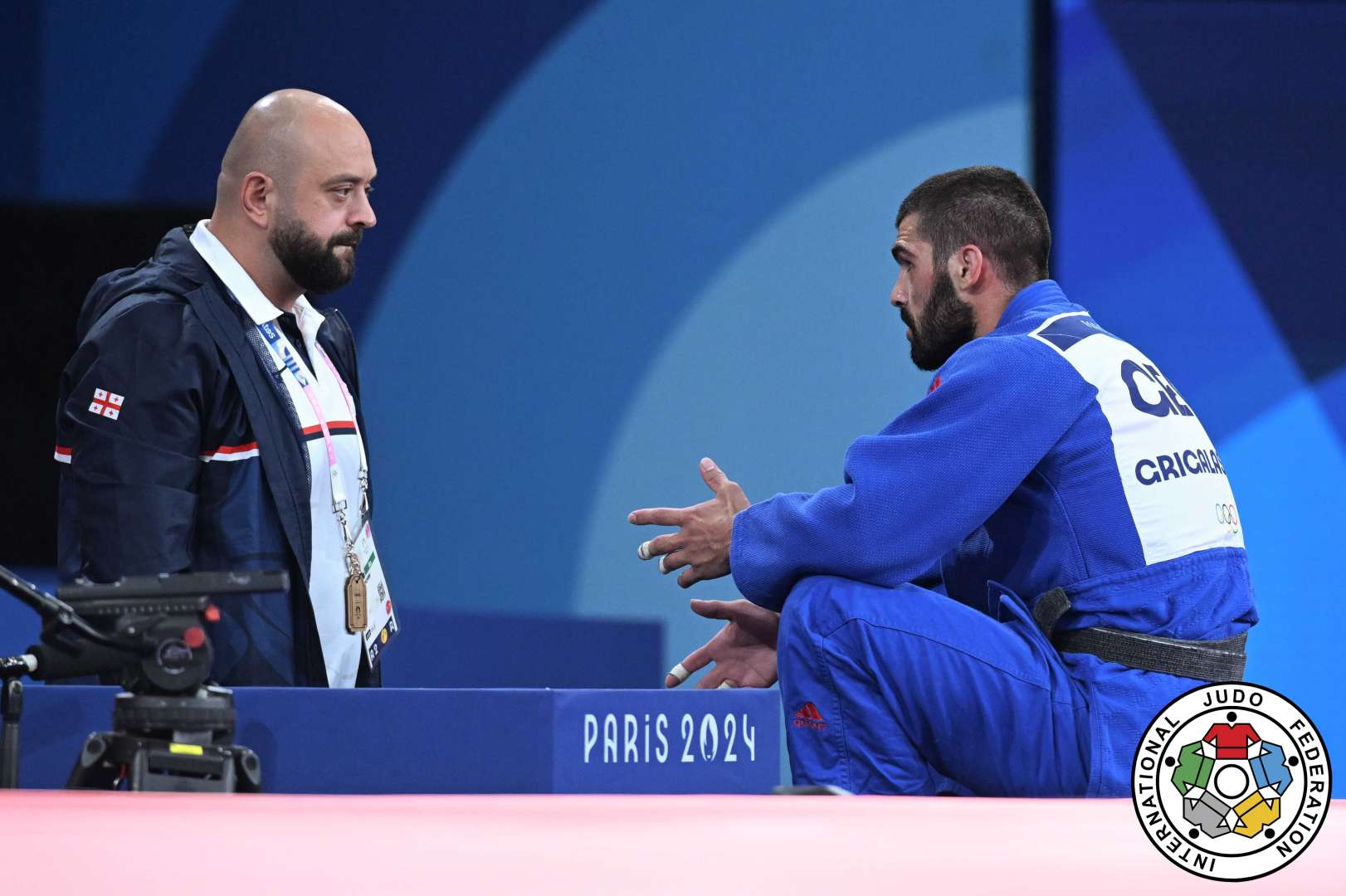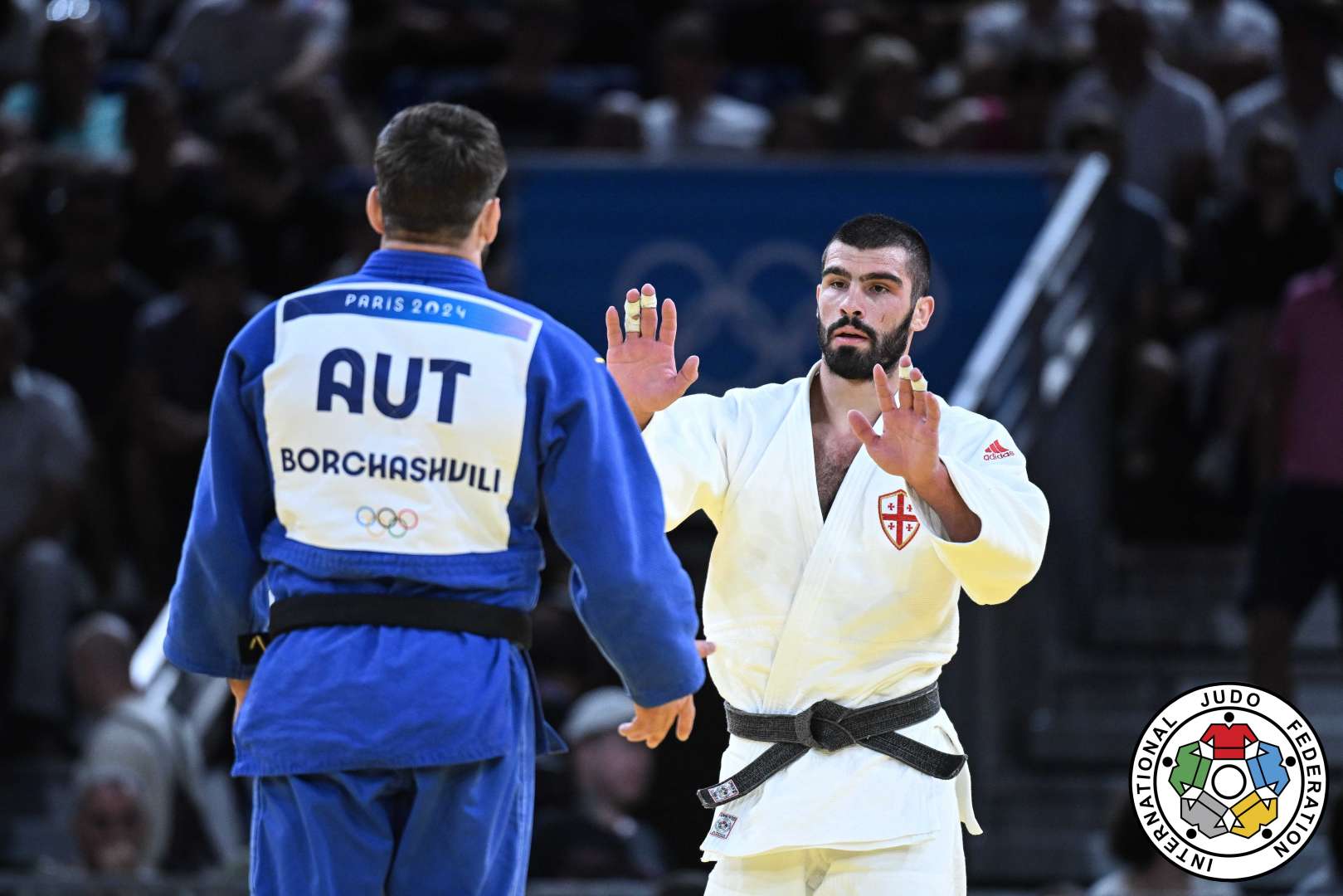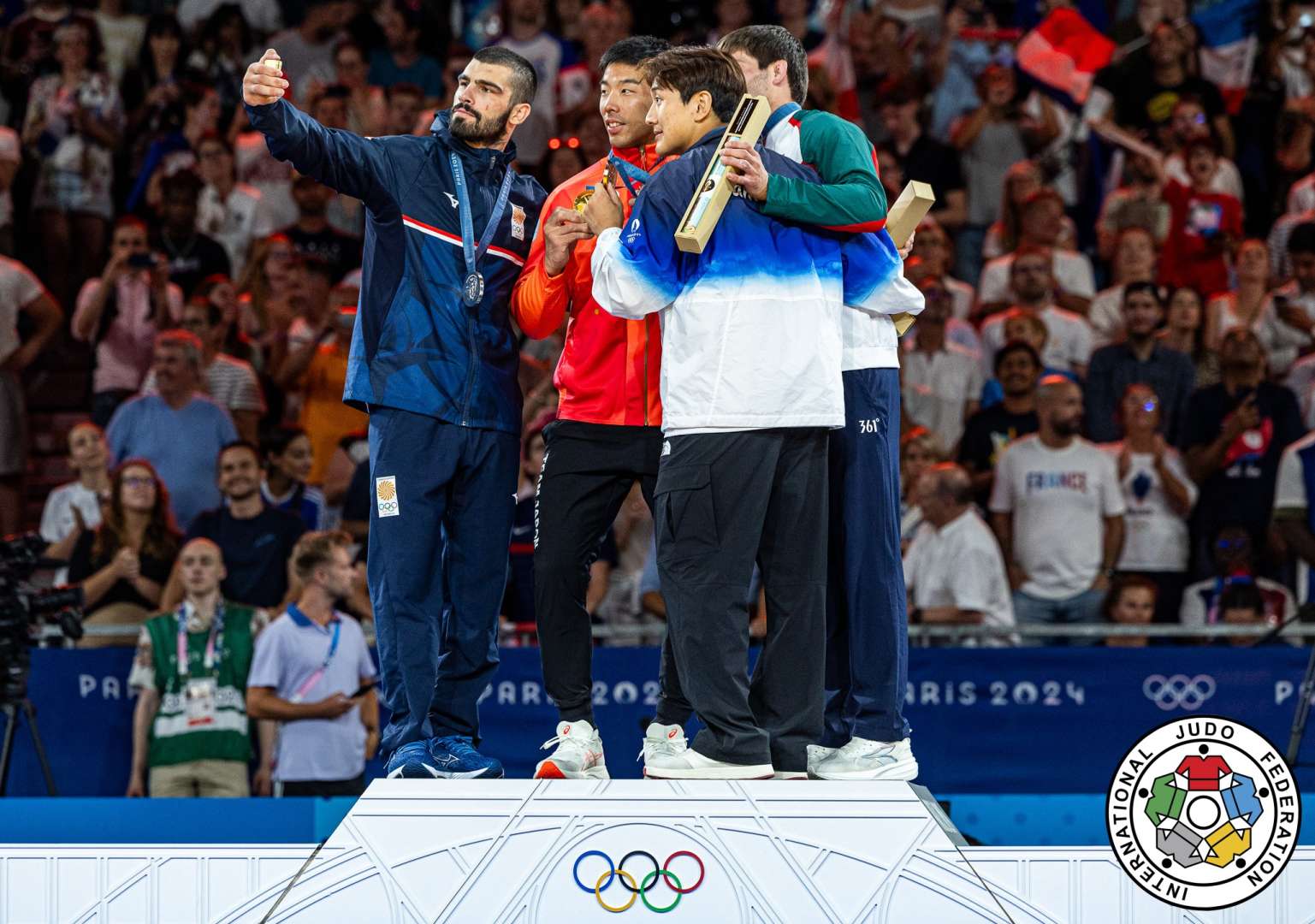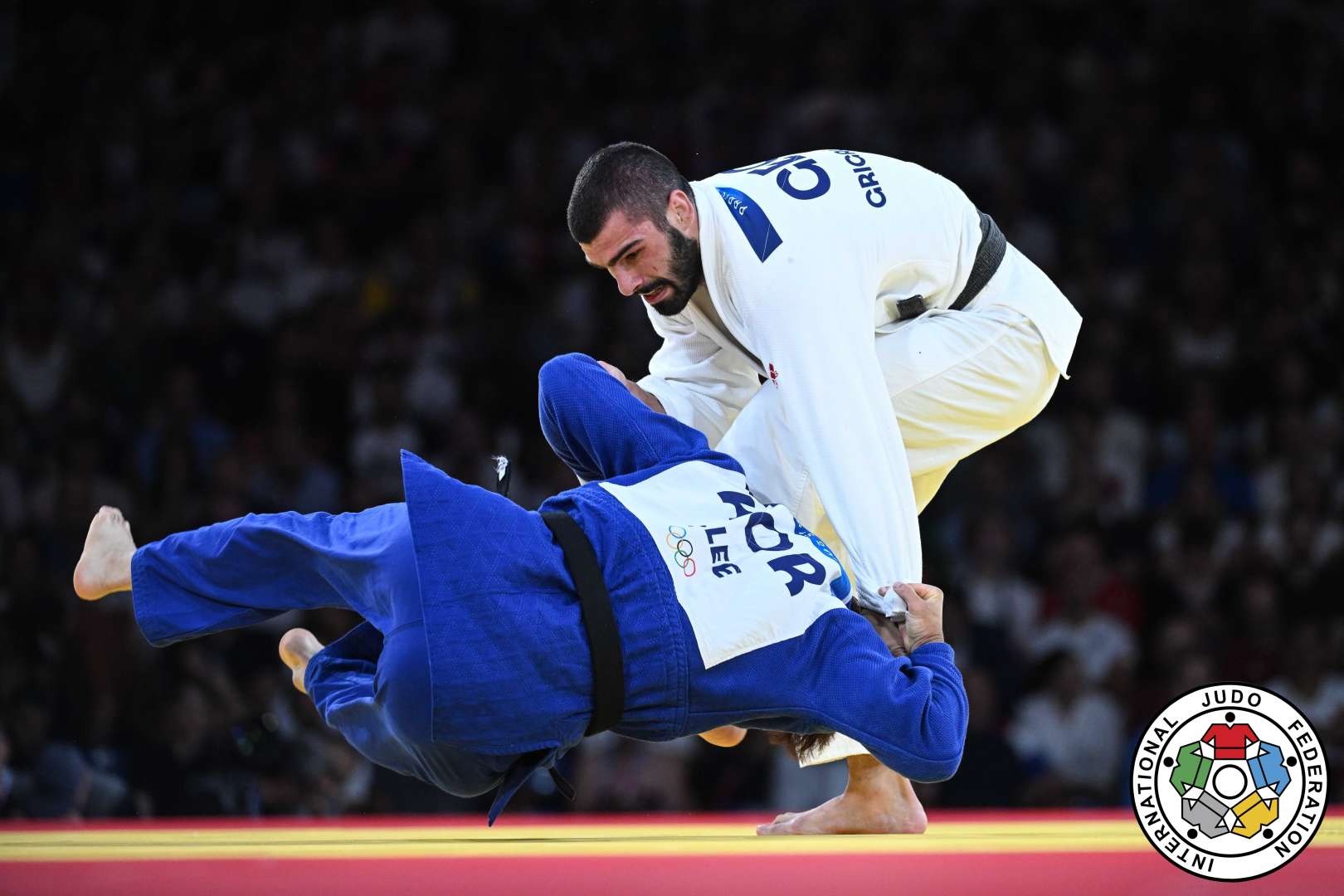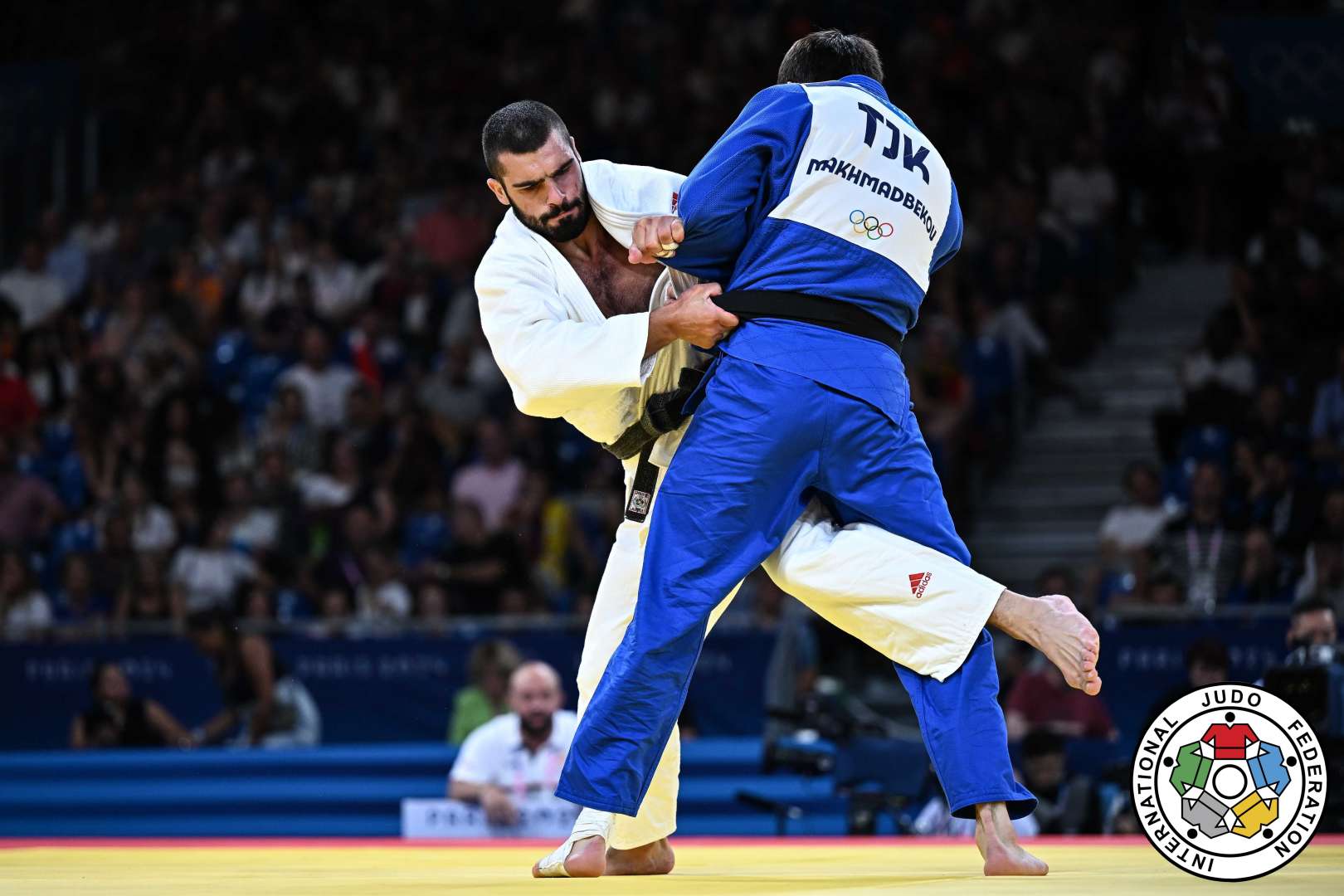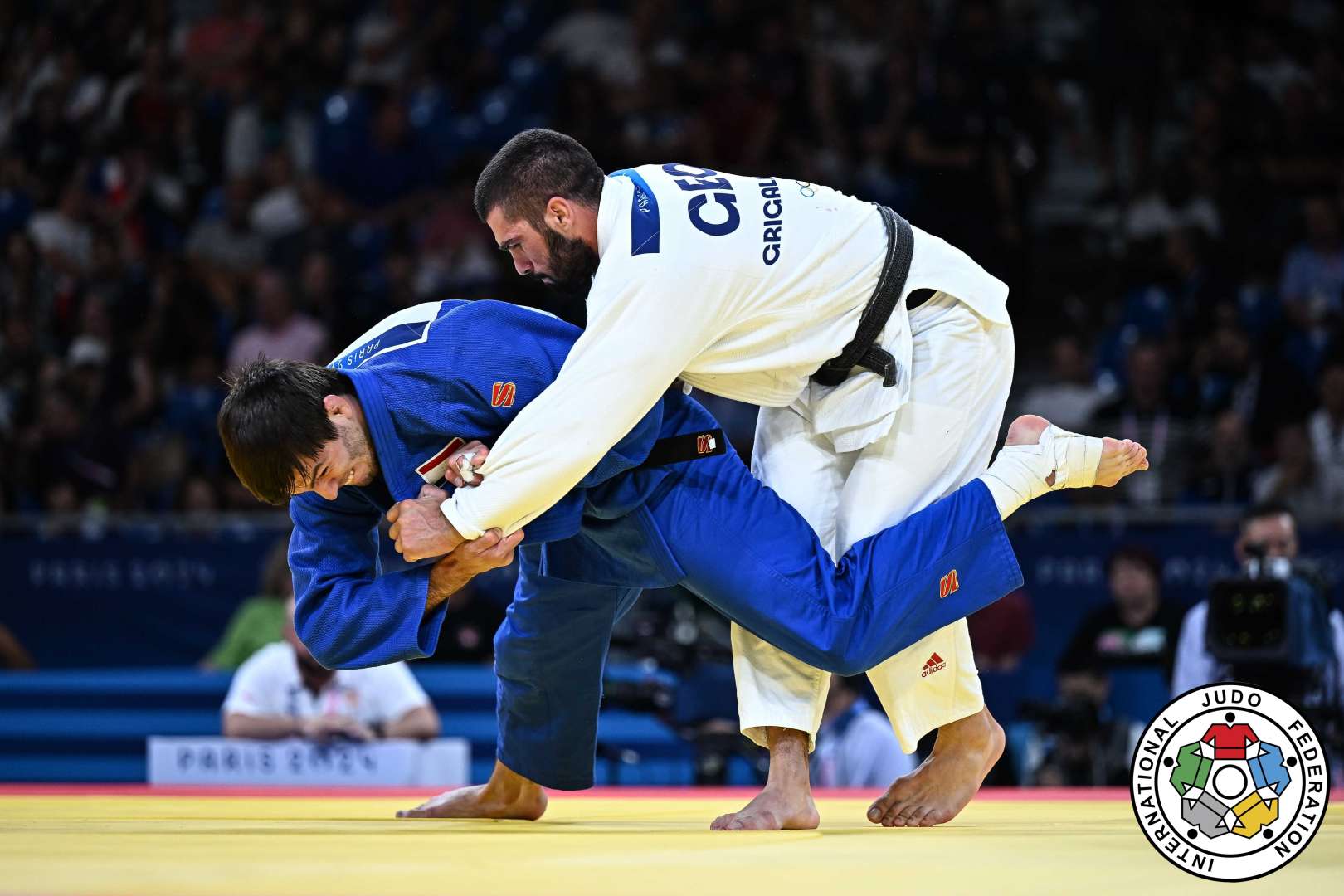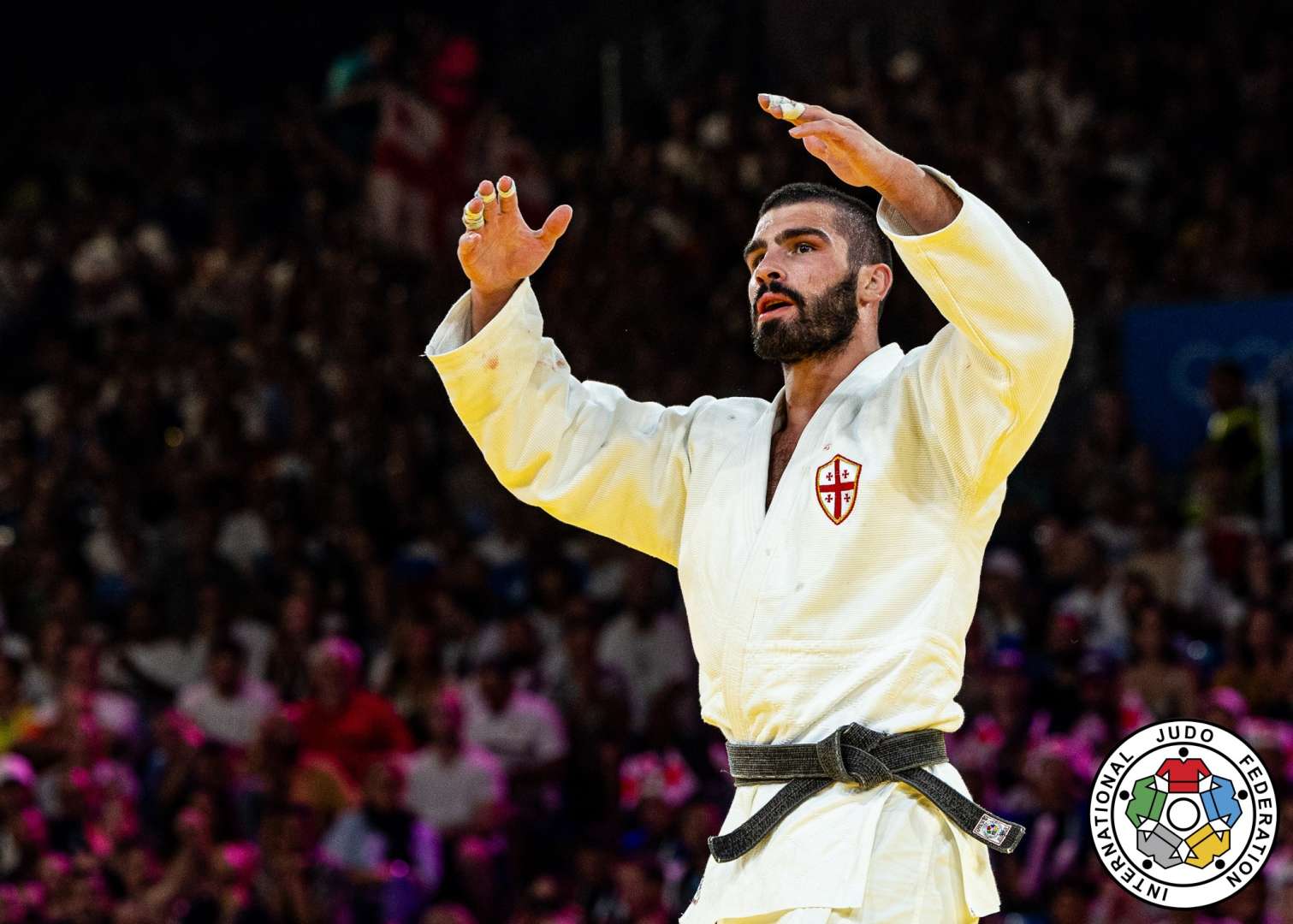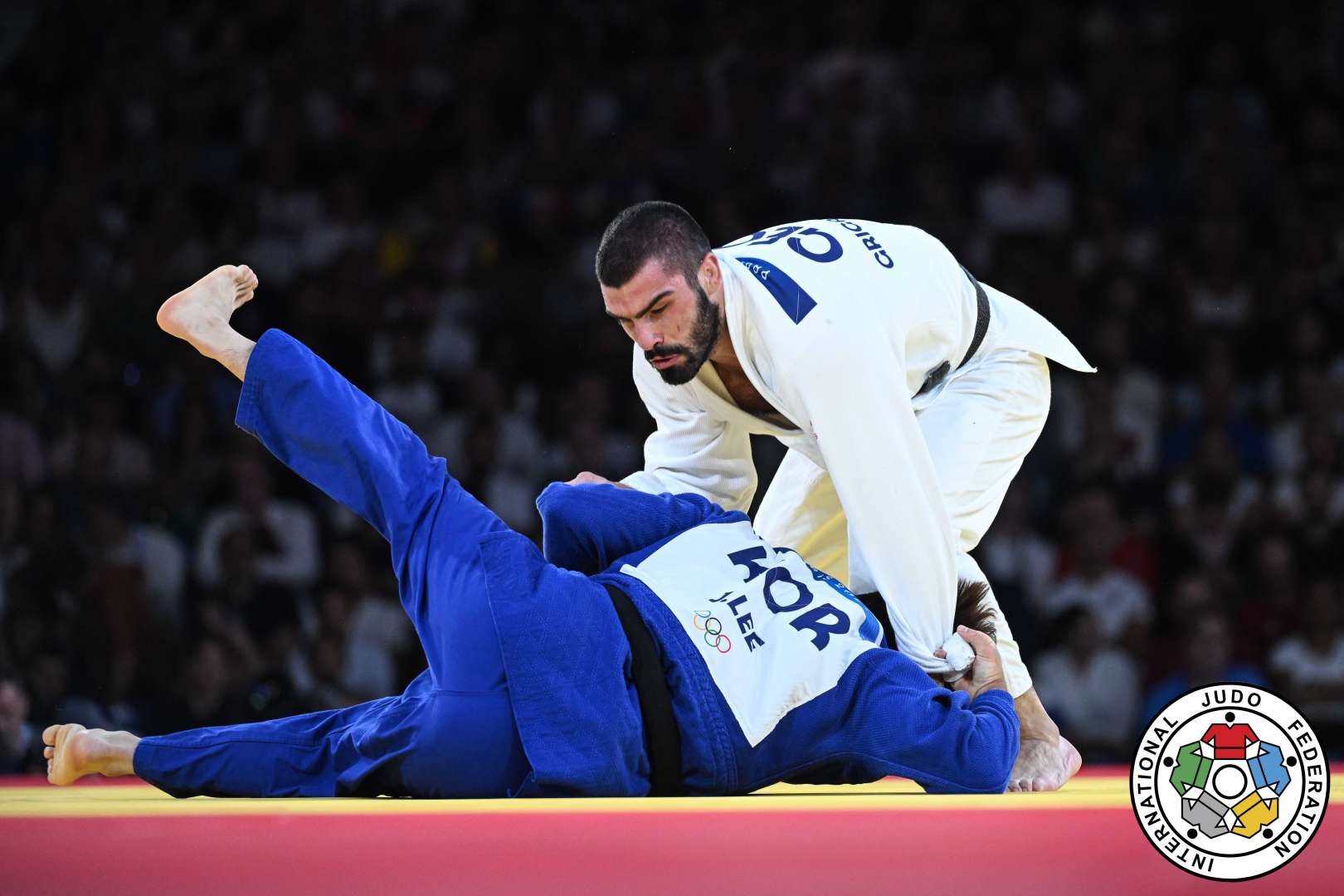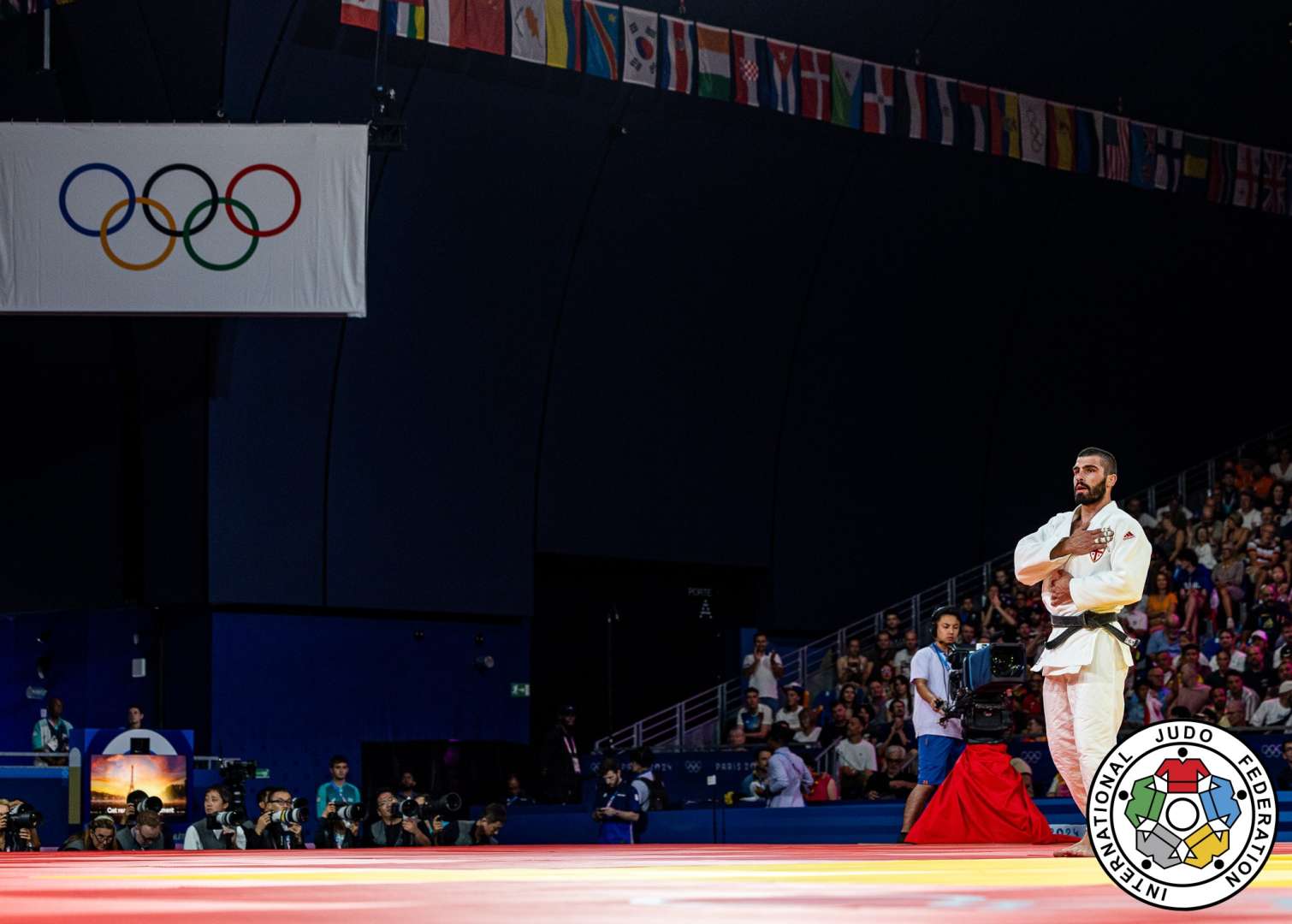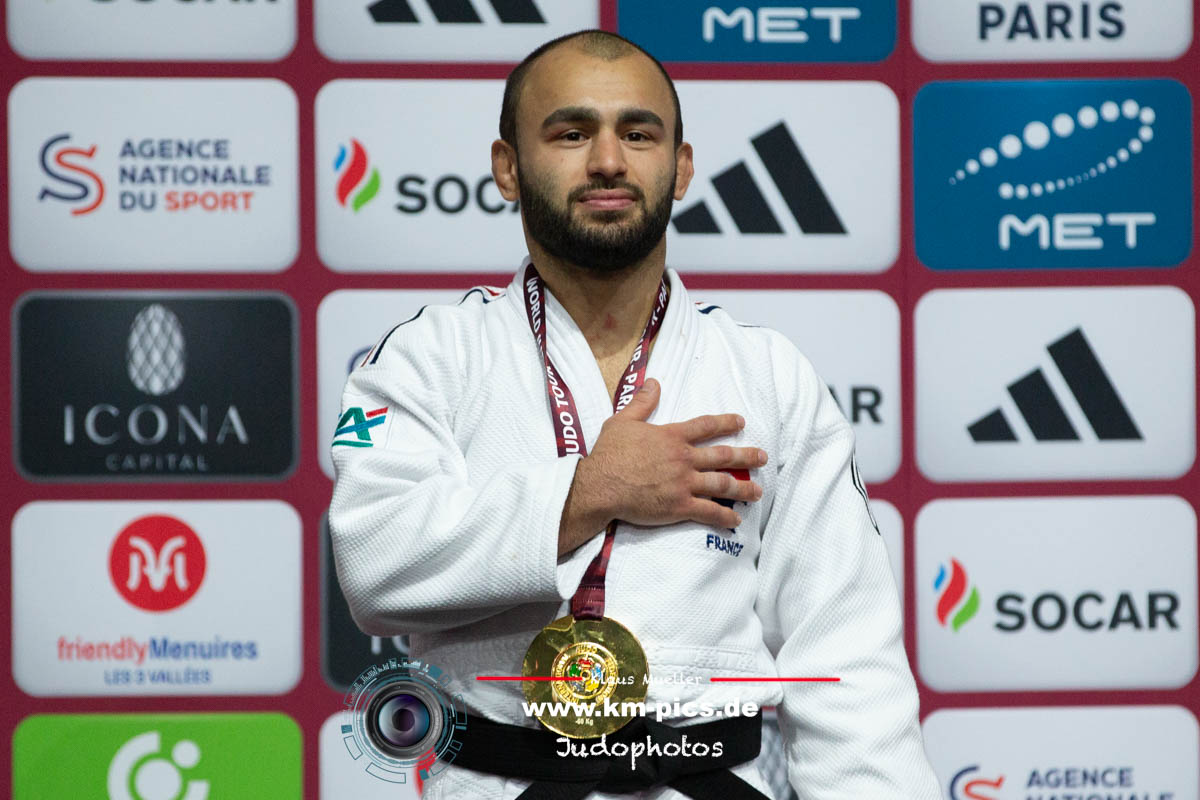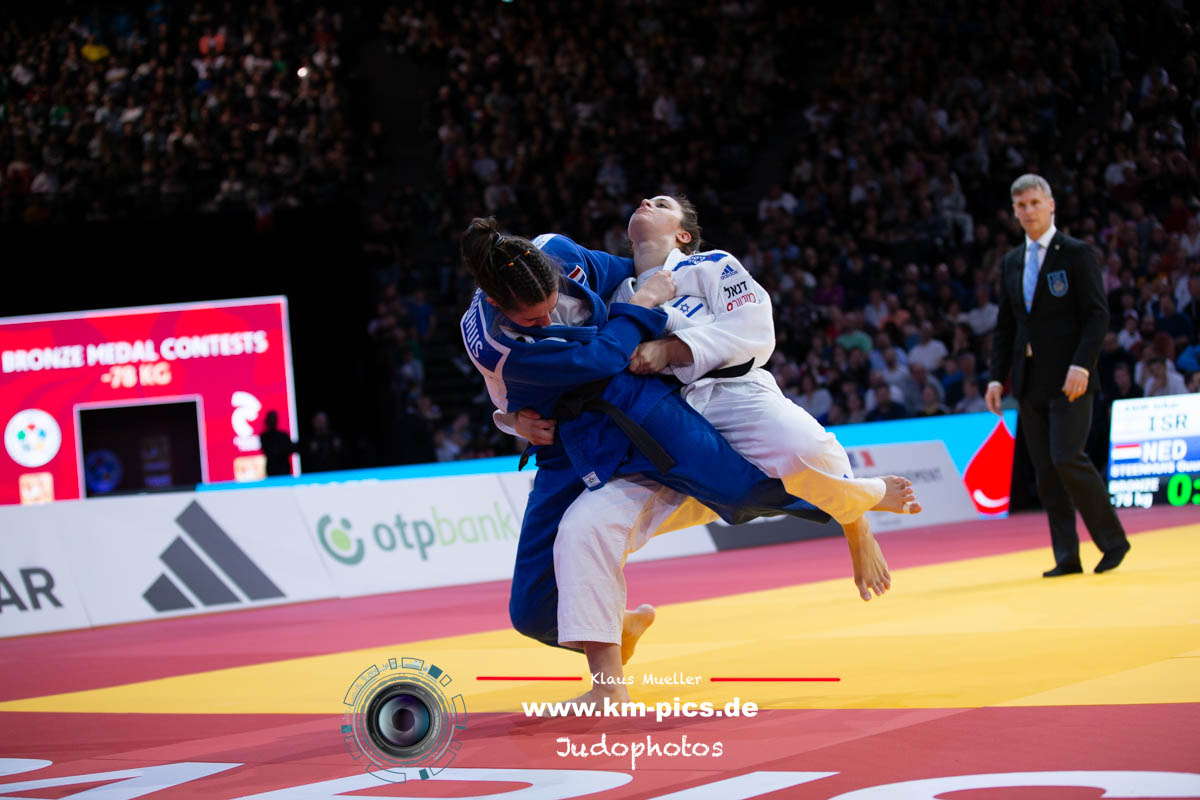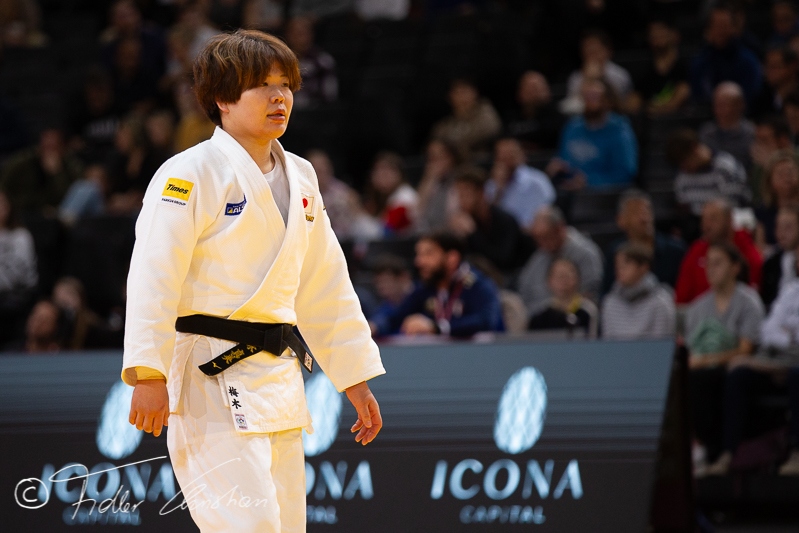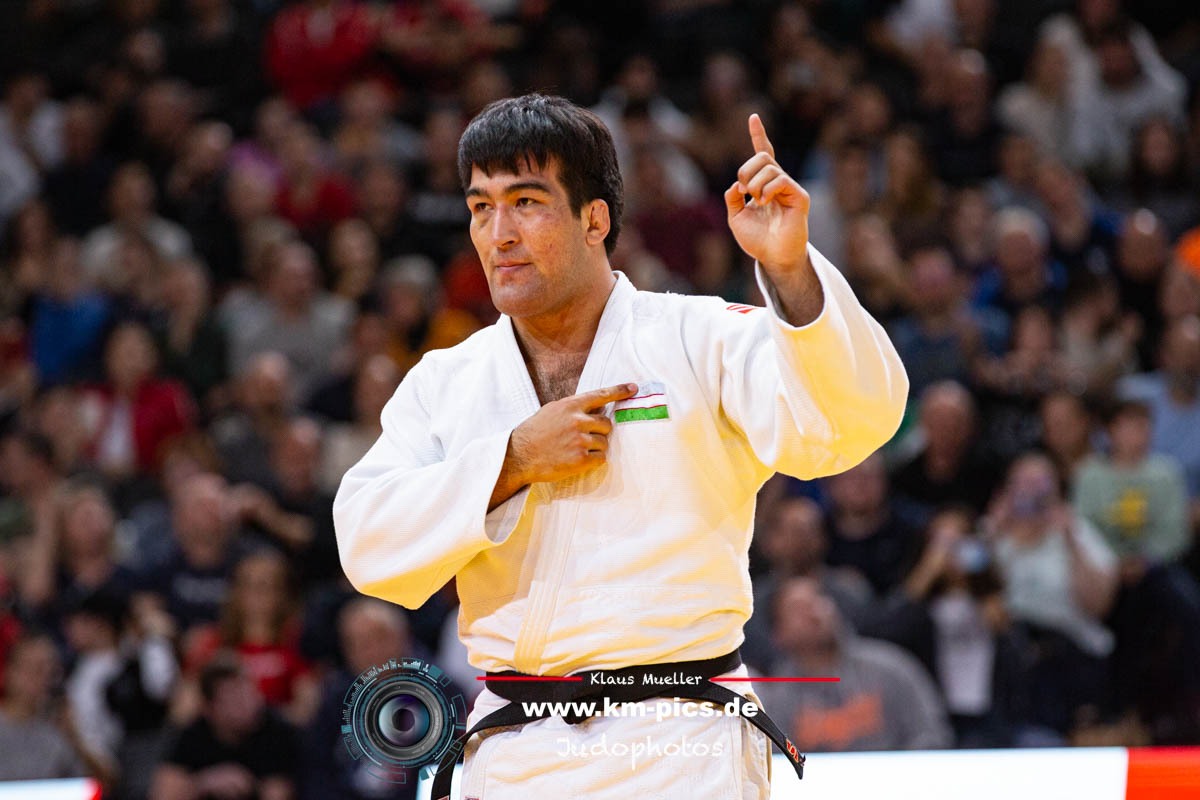Aleksandar Kukolj in the time of Covid-19
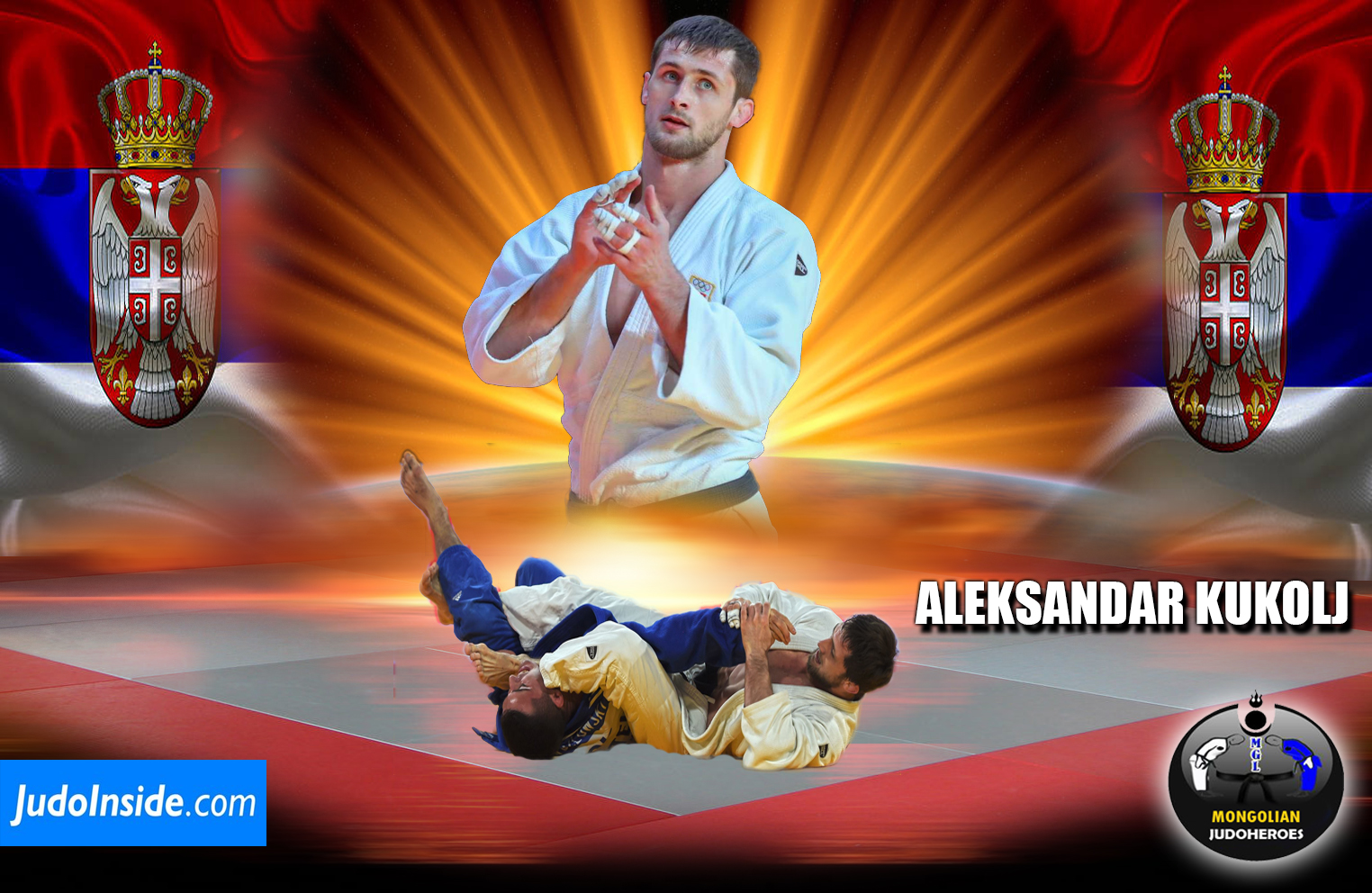
 22 May 2020 13:00
22 May 2020 13:00
 JudoCrazy by Oon Yeoh
JudoCrazy by Oon Yeoh
 Mongolian JudoHeroes
Mongolian JudoHeroes
Serbian judoka Aleksandar Kukolj became European Champion in the same year as his rival Nemanja Majdov won the World title in 2017, both unexpected, both indescribable and unique surprises for their country. It set Serbia on the Judo map. Former World number one Kukolj is a gifted technician and can concentrate until he imagines the film of the fight that is yet to come.
JIC: How are you coping with the Covid-19 situation in your country?
AK: As weird as this may sound, the lock-down has actually been good for m. I’ve been spending more time with my family, and I’ve gotten to do many things I normally don’t have time for, like playing video games, reading books and watching TV.
JIC: Have you been able to do some kind of training?
AK: Not normal judo training but it’s okay. Again, this situation has allowed me to work on things I don’t normally do. I’m letting old injuries heal and working on strengthening parts of my body to prevent new ones from happening.
JIC: Which club are you with?
AK: I am from a judo club called Rakovica. It is one of the oldest clubs in Serbia. Two years ago, we celebrated our 50th anniversary. What a rich history the club has: 13 times National Club Champions, European, World and Olympic medalists!
JIC: How did you get started in judo?
AK: I was a bundle of kinetic energy and my parents were on the lookout for some suitable activity for me. When I was seven years old, it so happens a judo club opened up in my neighborhood, and my parents signed me up on the first day!
JIC: What was your first impression of judo?
AK: I liked it from the start but to be honest, I probably would have liked any sport at that point in my life. For me, judo was just a game for me to play. It was only later that it became my passion in life.
JIC: What was your motivation for competing?
AK: Oh, this question requires a multi-layered answer. I started competing at a young age, just as a matter of course. As I progressed in judo, it was just a natural thing for me to compete. Later, it became a refuge for me — something I was good at and which I could achieve good results in. But there’s also another aspect to it which was very practical. When I was in my late teens, it became a way for me to help support my family.
JIC: How so?
AK: When I was 18, both my parents were unemployed and I became the breadwinner in my household. Judo became a way for me to support my parents and my younger sister.
JIC: You mean you were able to earn an income through judo?
AK: Yes, at first it wasn’t very much at all but after I started winning international medals, I got more financial support from my club, the government and the Olympic Committee. It was enough for me to take care of my family.
JIC: Do you hold other jobs or do you just train in judo?
AK: My main preoccupation is judo. It has to be if I want to be a serious contender. So, my income is mainly from sponsors and the government. But I also have my own dojo and a gym in Belgrade. They are additional sources of income but more importantly, they serve as a platform for me to start preparing for life after competition. Of course, in order to be able to train properly for competition, I can’t afford to be distracted by business matters. So, what I’ve done is, I’ve carefully chosen the right partners to help run my businesses. So far, so good.
JIC: I’ve been told you were good at your studies. What did you major in?
AK: I was a top student in my elementary and high schools. I have a Master’s degree in Economics and I was actually an assistant professor for three years at the university. When I got my degree in 2014, I was already deep into judo but I didn’t want to waste my education. Taking up the assistant professor position allowed me to work closely with one of the professors whom I admired a lot. So, I could keep learning despite my heavy judo involvement. And I must admit, it was nice being call “professor” by students who weren’t that much younger than I was. Ha… ha…
JIC: Many top judo athletes pursue only judo. Why did you take academics so seriously?
AK: I think everybody has to do what’s best for them. For me, I grew up in a situation where my family faced financial hardship. I did well in school and that made my parents happy. Maybe because they saw it as a way out of poverty for us. And it could have been, so I worked hard at maintaining my grades. But then, my judo career started to take off. I decided to pursue it seriously so I could support my family. Today, my parents are more comfortable and my sister is able to pursue her medical studies. I can’t really say I chose my career path. I played the cards I was dealt with.
JIC: You’re also married and have two kids. How do you balance everything?
AK: I’ve been asked this question a lot. Good organizational skills and efficient use of time are the secret to achieving this balance. I make full use of my time. Of course, when it’s time to rest, it’s time to rest. But I hate the idea of lazing around doing nothing when there are things to be done.
JIC: You have a strong domestic rival in Nemanja Majdov. What is your relationship with him like?
AK: Yes, we are rivals but I can’t hold anything against a guy who is pursuing his dreams, even though it happens to clash with mine… ha… ha… But, I will say this: I have deep respect for him and his father. When I was preparing for the 2016 Rio Olympics, his father pulled me aside and told me if I needed four or five guys to work out with, even if just for nagekomi, he will make sure I have those guys. I won’t forget this.
JIC: Leading up to the 2017 World Championships, you were the favorite to win but Majdov ended up winning instead. How did you take that unexpected turn of events?
AK: I had had a good run leading up the 2017 Worlds. In two and a half years, I had won three Grand Slams, two Grand Prix and I had become the first-ever European Champion from Serbia. I was also the top-ranking player in my weight class for about a year and half. So, it was a little sad for me to leave the World Championships without a medal. I must admit I was surprised that Nemanja won the gold but the fact that it was him didn’t bother me. He’s always had great potential since he was young, and good for him that he lived up to that potential. What some people don’t realize when they look at our rivalry is that when I win, it’s good for him and when he wins, it’s good for me. You know why? Together, we have raised the level of Serbian judo, which today, is a popular and well-respected sport.
JIC: The Olympics were postponed for a year, does that mean you have a chance to be selected?
AK: Whatever the case, my goal is to get back into shape. I had a bad year last year but now I’m feeling good and am ready to have another good run like I did before.
JIC: Have you thought about when you might retire?
AK: I think I will stay until one more Olympic cycle, so 2024. But you never know. If I’m still healthy and in good shape, physically and mentally, I might even stay on a few years beyond that!
JIC: What does judo mean to you?
AK: I consider myself very fortunate that judo found me. I view judo as a microcosm of life itself. You have your successes and wins, but you also have your losses, injuries and even self-doubt. If you experience these things from a very young age, it will prepare you for life, way beyond your peers. My life’s journey has not been an easy one but given what I’ve gained through judo, I would relive it a hundred times over.
Become a JudoCrazy Patron and read all their stories here
 like
like
 share
share
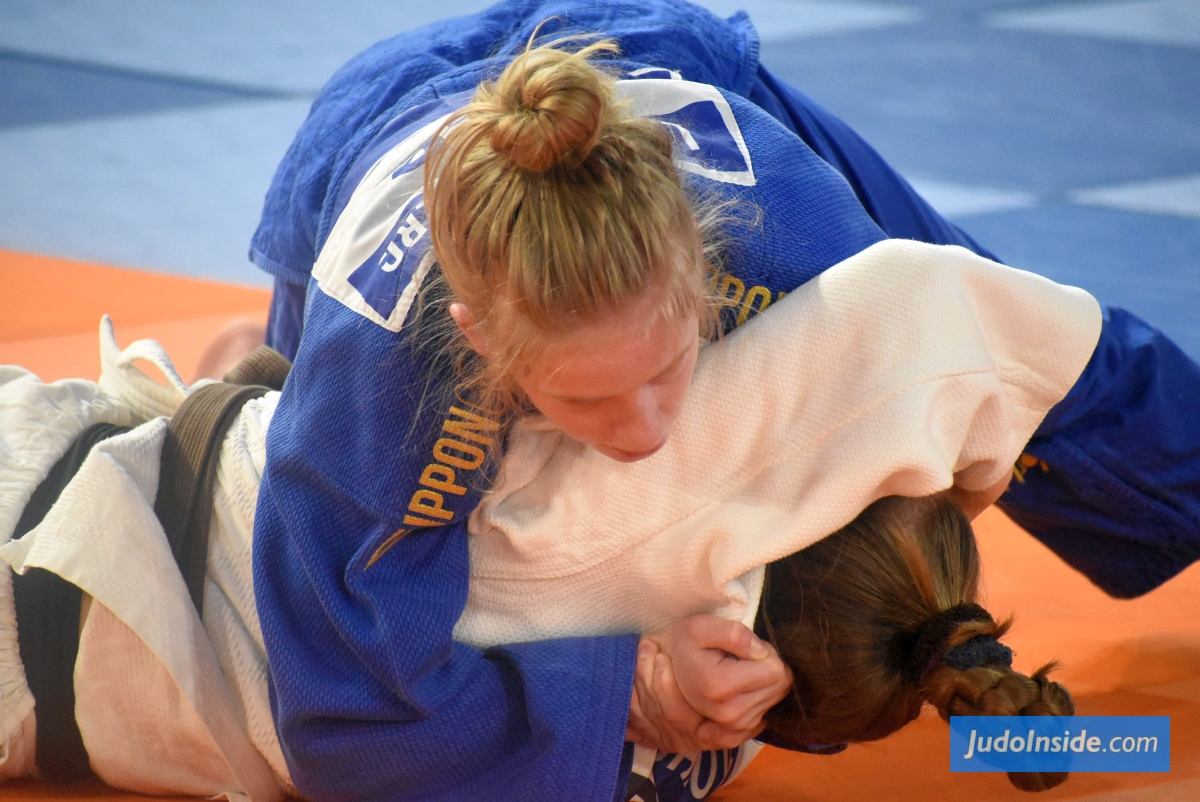
| Result | City | Date |
|---|---|---|
| 2 | Paris | 2024 |
| 1 | Abu Dhabi | 2024 |
| 1 | Zagreb | 2024 |
| 3 | Belgrade | 2023 |
| 2 | Montpellier | 2023 |

